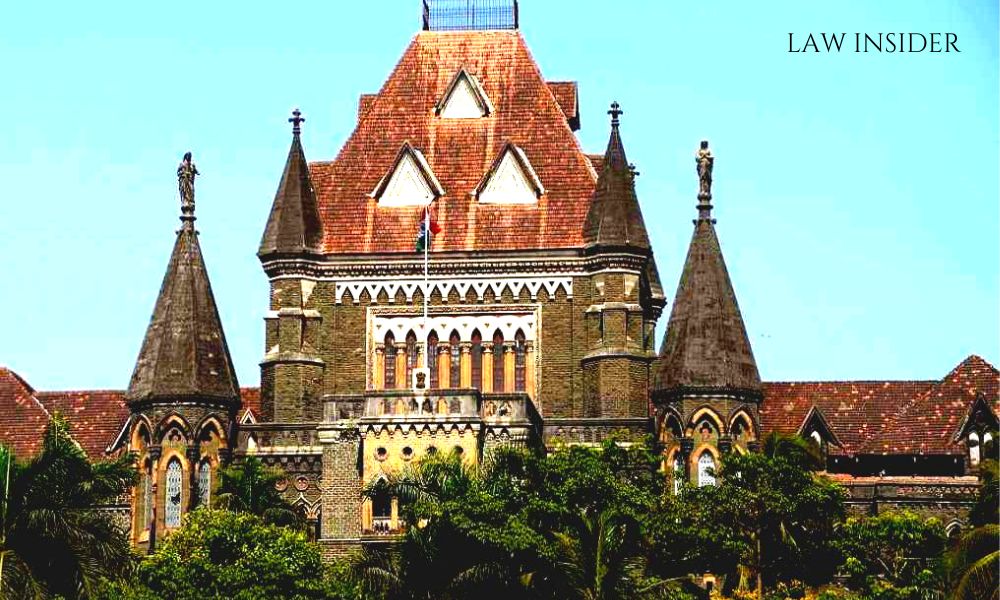Published on: 13 July 2023 at 13:30 IST
The Bombay High Court emphasized that only the civil court has the authority to decide matters concerning property title. It ruled that the special Tribunal established under the CBA Act lacks jurisdiction to determine the compensation amount in cases where there is a dispute over the property’s ownership. Although Section 14(5) of the CBA Act states that the Tribunal should determine the compensation after hearing the dispute, the High Court clarified that the Tribunal’s powers, as conferred by the Code of Civil Procedure, are limited to collecting evidence and ensuring the presence of witnesses.
The High Court reached this conclusion while considering appeals and petitions filed by Western Coalfields Limited, challenging the judgments and orders of the Special Tribunal constituted under the Coal Bearing Areas (Acquisition and Development) Act, 1957 (CBA Act) in various compensation cases. The Tribunal had directed the employment of nominees from the landowners in its decisions. The High Court clarified that while the Tribunal can allocate compensation among interested parties and nominees, it lacks the authority to decide crucial civil and property rights that fall under the jurisdiction of the civil court.
Senior Advocate S.P. Dharmadhikari represented the Appellant, and Advocate T.D. Mandlekar represented the Respondent in the case.
The case involved Western Coalfields Limited filing applications for compensation determination under Section 14 of the CBA Act before the Special Tribunal constituted under Section 14(2) of the CBA Act. The applications also sought the identification of the rightful recipient of the compensation amount. The Special Tribunal adjudicated on these applications, determining the compensation amount and directing Western Coalfields Limited to employ nominees from the landowners, following the Rehabilitation and Resettlement Policy of Coal India Limited 2012. Consequently, Western Coalfields Limited appealed to the High Court, challenging the jurisdiction, legality, and validity of the Tribunal’s directions. It argued that the Tribunal had exceeded its jurisdiction by deciding property ownership disputes and by instructing the employment of landowners’ nominees.
After considering the submissions, the Bench found that Western Coalfields Limited had acquired the lands of various landowners by issuing necessary notifications under Section 9(1) of the CBA Act on different dates.
The Bench also observed that Section 14(5) of the CBA Act mandates the Tribunal to make an award determining the compensation amount, considering the circumstances of each case and the provisions of the Act. The High Court clarified that the scope of Section 14(5) is limited to determining the compensation amount and identifying the rightful owner.
Additionally, the High Court noted that the language of Section 14(5) indicates that the Tribunal should specify the person(s) to whom the compensation should be paid. If there is a dispute and the Tribunal finds multiple individuals entitled to compensation, it should also determine the apportionment of the amount.
However, the Bench pointed out that the Tribunal’s entitlement to determine the compensation amount and the rightful owner does not grant it the power and authority to decide property title.
While Section 14(8) confers powers on the Tribunal under the Civil Procedure Code, such as collecting evidence and ensuring witness attendance to determine compensation, the High Court stressed that these powers do not extend to deciding disputes over property title.

